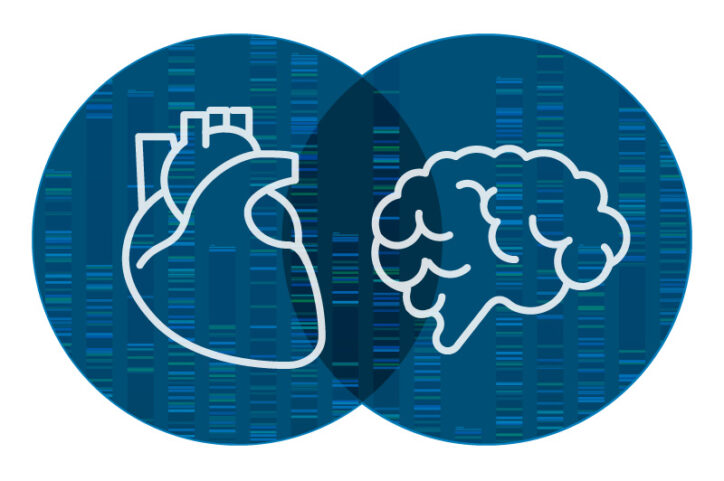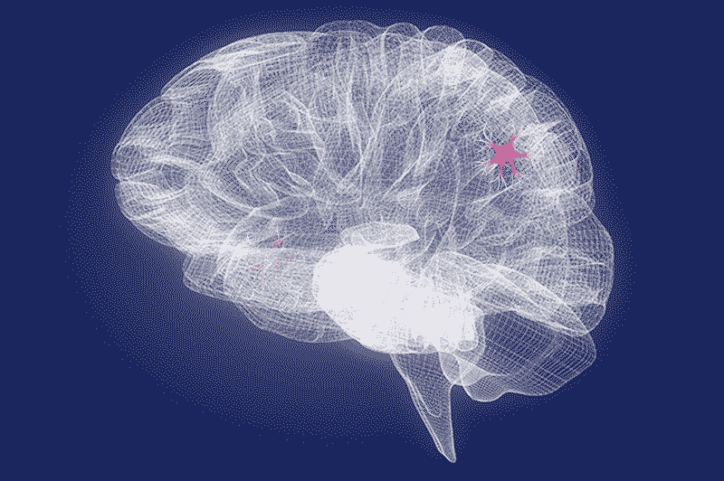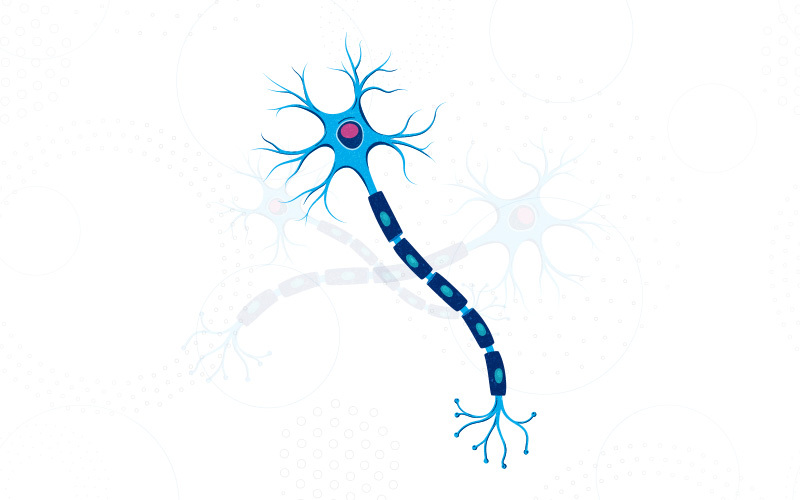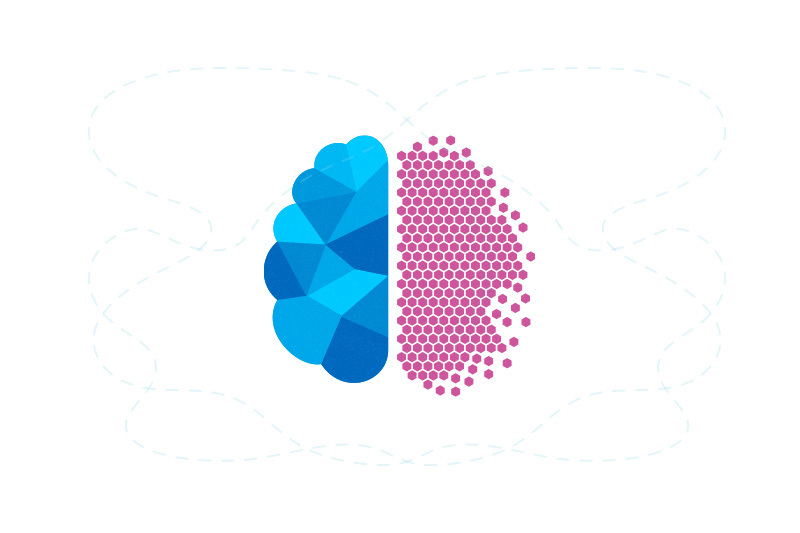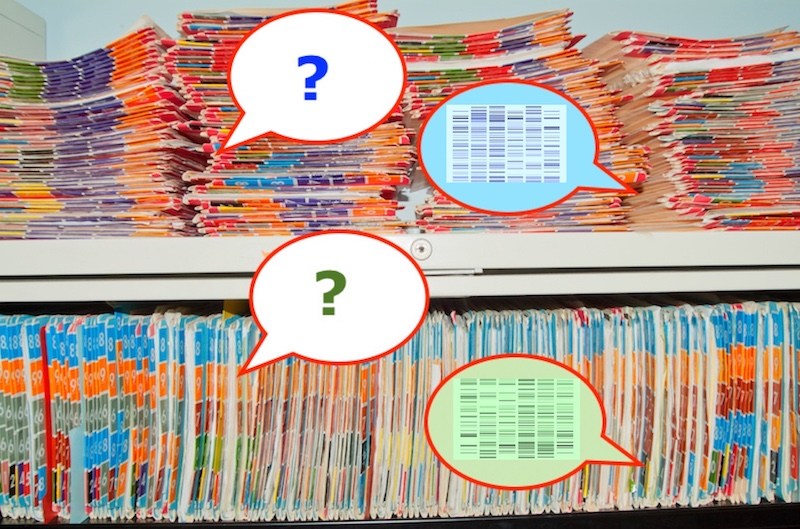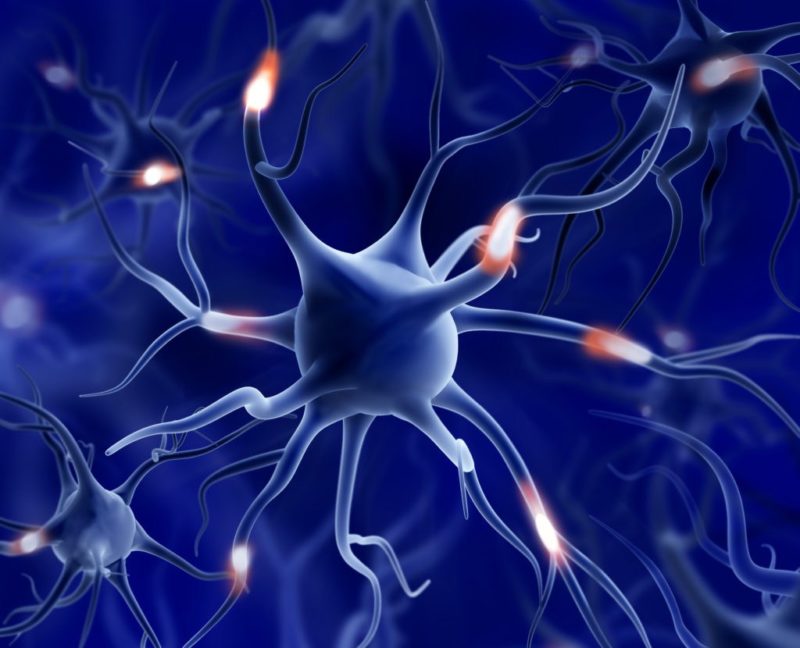Archive for autism research
Toddlers diagnosed with autism should be reevaluated over time
Parents whose child has been diagnosed with autism spectrum disorder (ASD) may feel it’s a lifelong label. But a new study offers hope: It found that 37 percent of children diagnosed as toddlers no longer met criteria for autism when they reached early school age. Findings were published October 2 in JAMA Pediatrics. Study leader ... Read More about Toddlers diagnosed with autism should be reevaluated over time
Research aims to pinpoint genetic connection between autism and heart disease
Cardiology and neurodevelopmental researchers have more questions than answers about the possible genetic links between congenital heart disease (CHD) and autism spectrum disorder (ASD). A study that’s underway at Boston Children’s aims to pin down those elusive answers by taking a close look at the genetics of children with neurodevelopment and cardiovascular conditions. The researchers want to see ... Read More about Research aims to pinpoint genetic connection between autism and heart disease
Making autism evaluations accessible: Boston Children’s tests virtual options
At this time the virtual autism diagnosis program is only available to internal Boston Children’s Hospital primary care patients who receive care at the Children’s Hospital Primary Care Center or at Boston Children’s at Martha Eliot. Many obstacles can delay a diagnosis of autism in children, including language barriers, waiting lists for evaluation, and access ... Read More about Making autism evaluations accessible: Boston Children’s tests virtual options
Tagged: autism, autism research, autism spectrum disorder, telehealth
Treating brain ‘hotspots’ and networks to address autism, aggression, and more
What if doctors could break down conditions like autism into their key symptoms, map these symptoms to “hotspots” in the brain, and then treat those areas directly with brain stimulation? If it bears out, such an approach could turn the care of neurologic and developmental disorders on its head, focusing on symptoms that are shared ... Read More about Treating brain ‘hotspots’ and networks to address autism, aggression, and more
Rethinking the need for ADOS testing to diagnose autism in young children
The Autism Diagnostic Observation Schedule, or ADOS testing, was developed in the 1980s as a tool for autism research. Through a series of semi-structured observations, trained evaluators assess children’s communication skills, social interaction, and imaginative use of materials. But over time, the ADOS has come to be considered the gold standard for a clinical diagnosis ... Read More about Rethinking the need for ADOS testing to diagnose autism in young children
New technique yields potential treatment for a common cause of autism
Since 2008, we have known that the 16p11.2 chromosomal region is linked with autism spectrum disorder (ASD). Now, researchers from Boston Children’s have developed a new way to study the effects of 16p11.2 deletion in human neurons. In the process, they also found a potential treatment, possibly expanding the therapeutic options for this specific cause ... Read More about New technique yields potential treatment for a common cause of autism
‘Mosaic’ gene mutations could explain some cases of autism
The causes of autism remain mysterious. Scientists have linked autism spectrum disorder to a long list of genes, but most children with autism have no known explanation. Two new studies add to the picture, implicating mutations that affect only a fraction of a child’s cells. Called mosaic mutations, they open a new avenue for research ... Read More about ‘Mosaic’ gene mutations could explain some cases of autism
CRUSH: Developing a sexual education program for young adults on the autism spectrum
For many young adults on the autism spectrum, developing and maintaining positive intimate relationships can be challenging. But collaboration between Boston Children’s Hospital and UMass Boston hopes to provide some on-point guidance through a new initiative¾the Competence in Romance and Sexual Health (CRUSH) program, aimed at developing a new sex education curriculum for young adults ... Read More about CRUSH: Developing a sexual education program for young adults on the autism spectrum
Families and data scientists build insights on Phelan-McDermid syndrome
This is the third year that Jacob Works has made the trip down to Boston Children’s Hospital from Maine. With research assistant Haley Medeiros, he looks at pictures, answers questions, manipulates blocks and mimes actions like knocking on a door. His father, Travis, and another research assistant look on through a window. “At first, we ... Read More about Families and data scientists build insights on Phelan-McDermid syndrome
New Human Neuron Core to analyze ‘disease in a dish’
Last week was a good week for neuroscience. Boston Children’s Hospital received nearly $2.2 million from the Massachusetts Life Sciences Center (MLSC) to create a Human Neuron Core. The facility will allow researchers at Boston Children’s and beyond to study neurodevelopmental, psychiatric and neurological disorders directly in living, functioning neurons made from patients with these ... Read More about New Human Neuron Core to analyze ‘disease in a dish’
Tagged: autism research, epilepsy, neuroscience, psychiatry, stem cells



